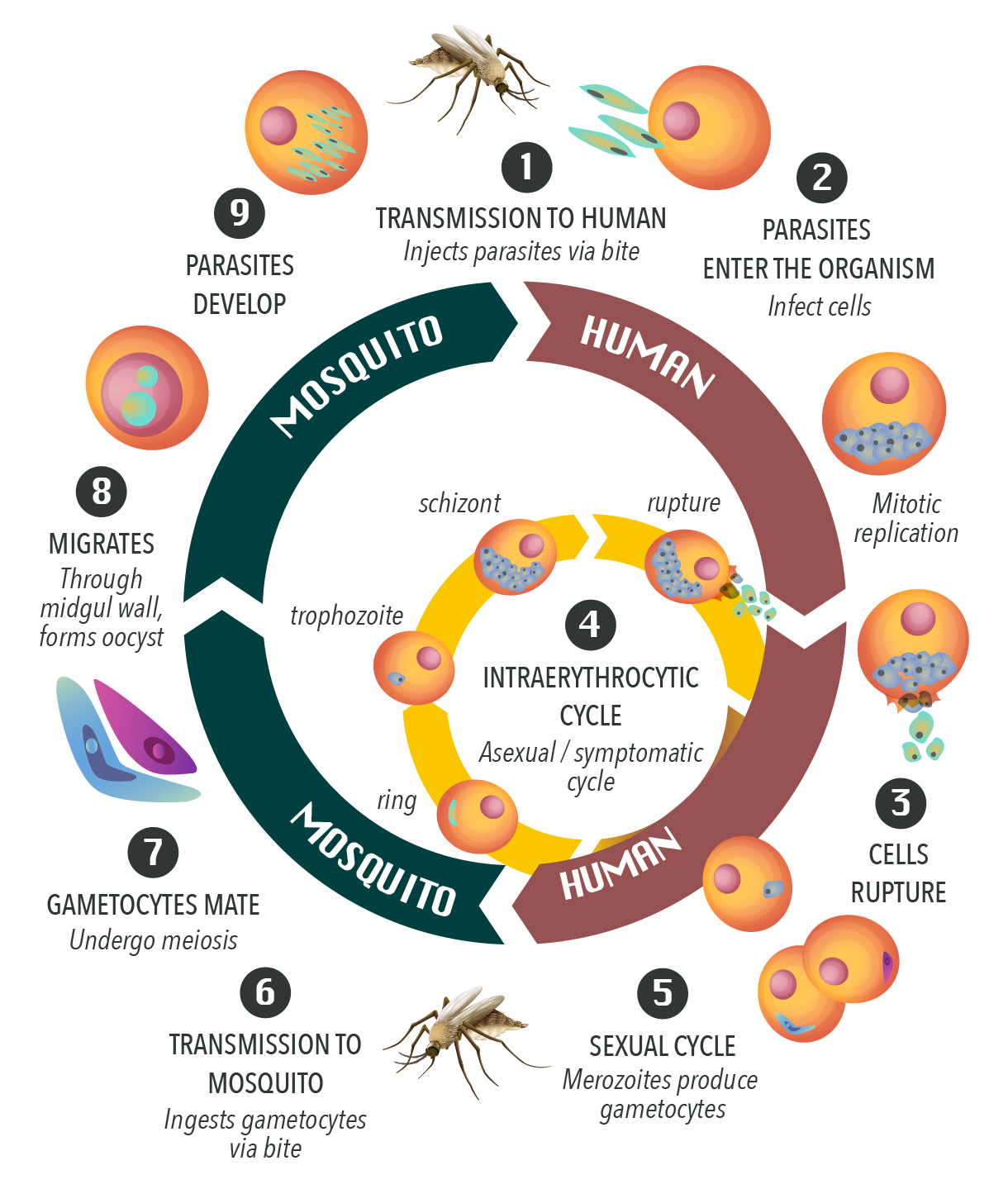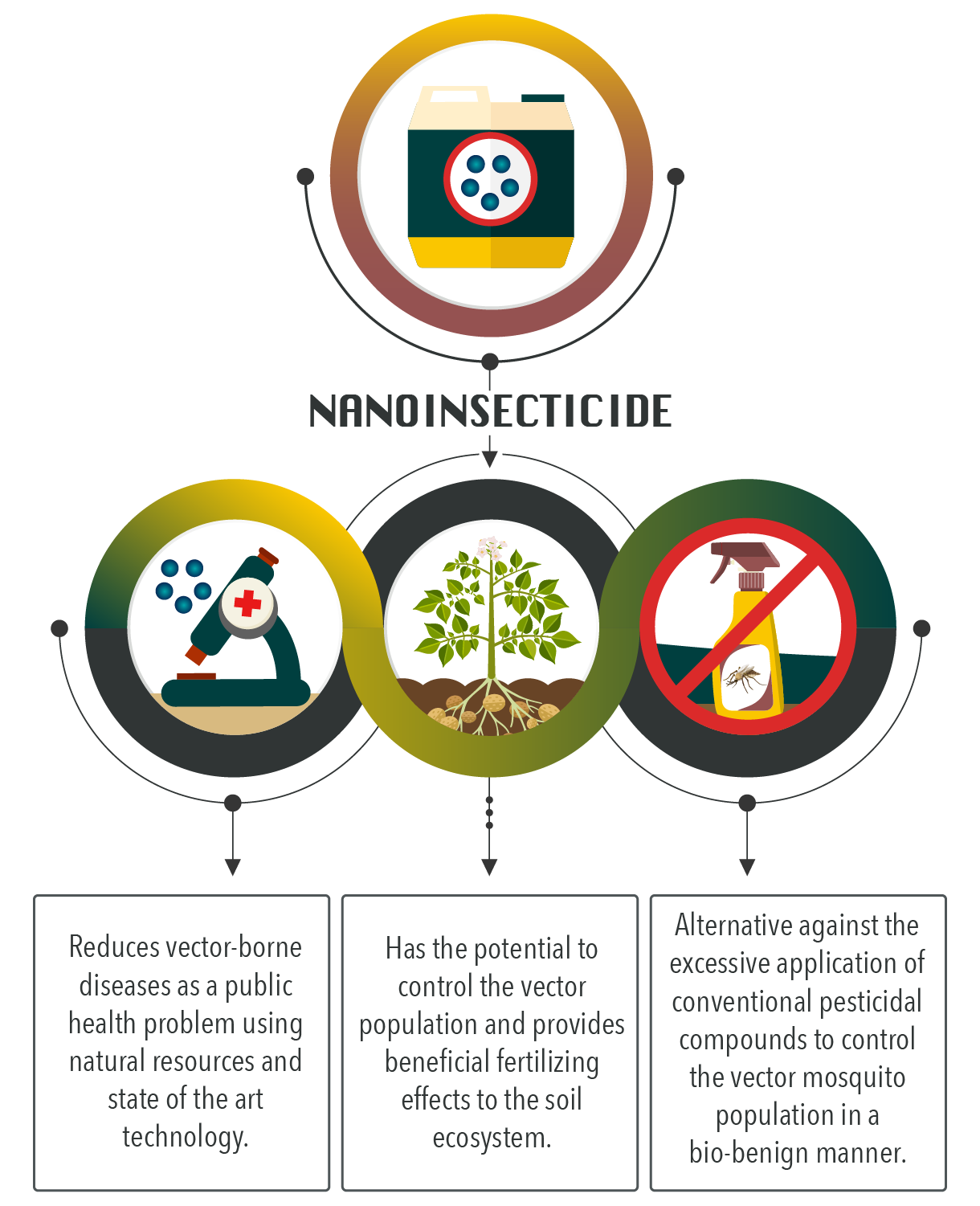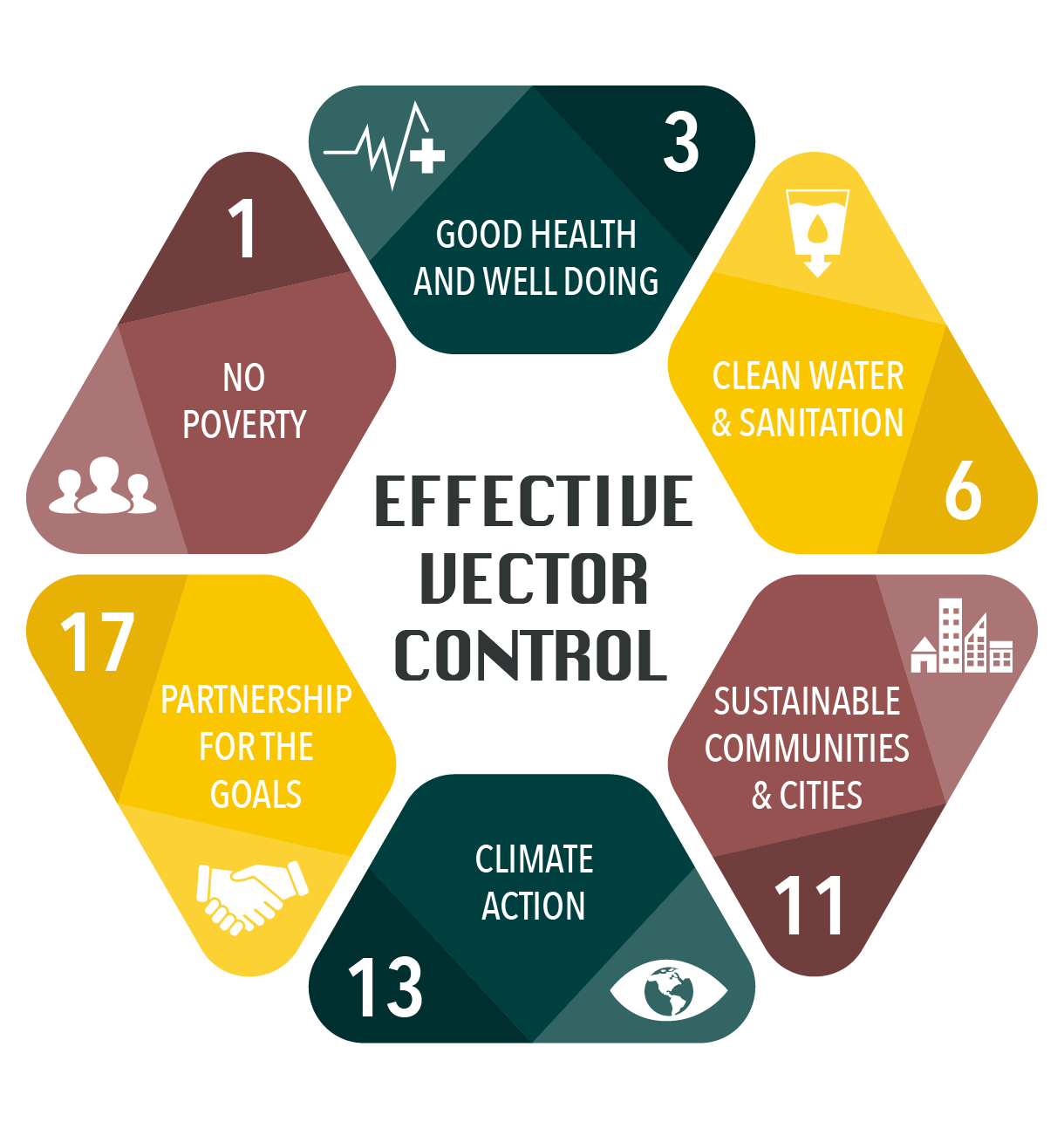Have you ever wondered why mosquitoes are called the deadliest animal in the world? Mosquitoes are vectors, which means that they are living organisms that transmit infectious diseases between humans or from animals to humans. Today, mosquitoes are among the deadliest animals in the world. Their ability to carry and spread diseases to humans causes millions of deaths and hundreds of millions of cases of illnesses around the world. Zika, dengue, chikungunya, and yellow fever are all transmitted to humans by mosquitoes and these vector-borne diseases account for more than 17% of all infectious diseases, causing more than 700,000 deaths every year, according to the World Health Organization.
Life Cycle of the Vector Diseases

Currently, more than half of the world’s population – around 3.9 billion people – lives in areas where disease-transmitting mosquitoes are present. Therefore, sustained mosquito control efforts are imperative to prevent serious outbreaks of these diseases. Mosquitoes have been developing resistance to the traditional and previously developed chemical solutions and pesticides which is why the demand for natural and herbal pesticides like neem is rising. Using neem as a repellent and mosquito larvicidal has shown to be extremely successful in fighting this global mosquito menace with tests proving that it is close to 100% effective against mosquitoes and other vector insects.
For centuries people have been relying on neem to fight mosquitos and other insects. Its rate of effectiveness against vector populations of mosquitoes has now led to it being used for new research involving nanotechnology. Scientists from India have been working to formulate a bio-based nanoinsecticide that can efficiently control the vector mosquito population. This nanoinsecticide consists of an emulsion based on neem urea, which possesses the antiviral and antimalarial properties of the tree.
The formulated insecticide can control the vector mosquito populations, that cause dengue, malaria and other diseases. This new nanosolution also possesses beneficial fertilizing effects for the soil ecosystem. Neem urea makes this new neem biopesticide eco-safe while giving it an incredible dual property: controlling vector mosquito populations in a bio-benign manner.

As the world combats dreadful vector-borne diseases, this new research is becoming a viable alternative against the excessive application of conventional pesticidal compounds, positioning the application of nanotechnological techniques as a disruptive practice in healthcare.
At Unique we are managing the world’s biggest commercial plantation of neem under the principles of the UN Global Compact. By joining the efforts to achieve the Sustainable Development Goals we are not only guaranteeing a sustainable resource supply for all but also making an impact in multiple sectors like agriculture and healthcare by securing neem supply for effective vector disease control and organic pesticide production.
